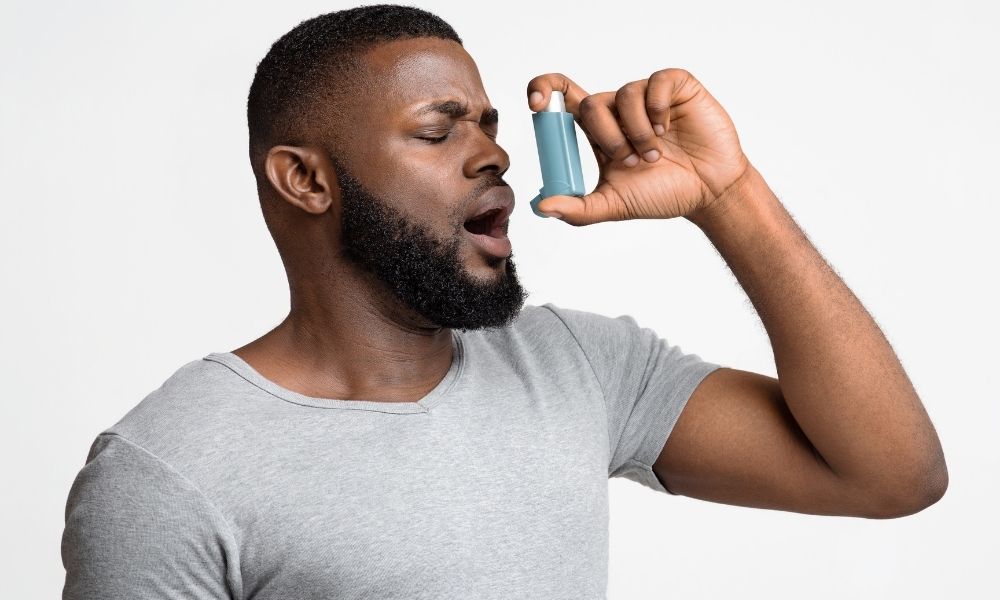In the second half of our two-part look at adult-onset conditions comes an unfortunate realization: when it comes to developing a chronic condition, we are never truly out of the woods. Much as we can develop food allergies in adulthood after years of eating peanuts, shellfish, or soy without incident, we can come to experience breathing struggles we never had in childhood. Even as someone with unencumbered breathing right now, you can develop asthma later in life. We’ll take a look at what can cause you to develop this condition, how to identify it, and how to treat it.
Causes of Adult-Onset Asthma
Generally, people who find they need to deploy their trusty inhalers learn this in childhood. If asthma symptoms have not manifested themselves by age 20, you can safely consider it a case of adult-onset asthma. While doctors have not established a consensus on what causes asthma in adulthood, they do believe that introducing novel environmental factors, such as high levels of tobacco smoke, mold, or pollen, when one had not been around it before, plays a role. Women experiencing hormonal changes during and after menopause may also develop asthma as a side effect. Chronic exposure to hazardous chemicals and fumes in the workplace is also a likely factor.
Discerning Adult-Onset Asthma from Other Conditions
Because asthma so commonly reveals itself in childhood, it can be challenging to diagnose whether your condition is truly asthma rather than other respiratory conditions such as chronic bronchitis, early detection of emphysema, or COPD. What separates asthma from these other conditions is that asthma is usually atopic, which is to say that it arises from a genetic predisposition to allergic reactions. Exploring your family history of allergies and asthma will help you identify your condition.
Treatment Options
Since you can develop asthma later in life, if you suspect this is the cause of your shortness of breath and tightness in the chest, you’ll want to see an asthma treatment specialist as soon as possible to begin discussing medications and strategies for avoiding attacks. While asthma is a manageable condition in adulthood, its adult-onset variant is often more severe than when it manifests itself in childhood, which means you need to be particularly vigilant about preventing further attacks. Lifestyle changes involving smoking cessation and weight loss can be an essential first step in limiting risk. To the extent that limiting exposure to environmental and chemical allergens is possible, your doctor will likely advise you to do that as well. Still, treatments such as bronchodilators and corticosteroids may be necessary to stop and prevent attacks.
To learn more about your case specifically, contact Allergy & ENT Associates today and make an appointment at one of our 18 Houston locations.


